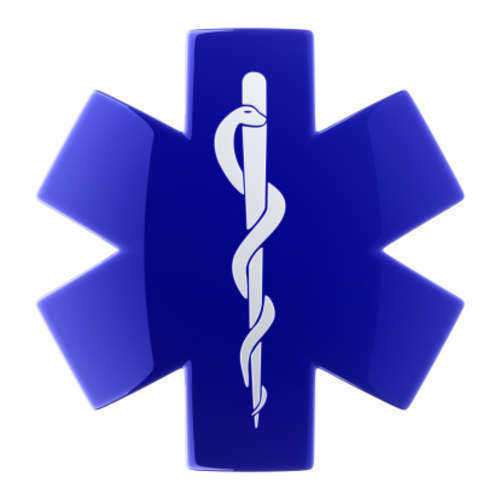
Often, people experience debilitating illness before they are able to appoint a health care proxy or a durable power of attorney. This may leave no single authority with the power to make decisions regarding his/her finances, property, and health care. Family members and close friends may argue over various important aspects of an individual’s affairs. If an individual wishes to obtain responsibility for an incapable person, he/she may choose to petition the court for elder guardianship.
When an individual obtains elder guardianship, he/she will be responsible for overseeing his/her elderly ward’s finances, property and health care. He/she may be required to write checks and utilize the ward’s funds to benefit the ward’s well-being. An individual granted elder guardianship may also be required to make decisions regarding important medical treatment and procedures. For example, a legal guardian may have to decide whether or not to begin or end life support, as well as whether or not a medical professional should attempt resuscitation.
Elder guardianship is often a difficult and upsetting responsibility. However, if an individual obtains legal guardianship over a loved one, he/she will have the ability to ensure that the patient’s wishes and desires are preserved.
In order to obtain elder guardianship over an individual, a petitioner will be required to file paperwork with a local court. Generally, a petitioner will be required to provide evidence that the ward is not capable of effectively handling his/her own affairs.
A hearing will be held, in which a judge will determine whether or not the ward is in need of a guardian, and whether the petitioner would make an appropriate guardian. If a judge approves the petition, the petitioner will receive rights to govern decisions regarding the ward’s finances and health care.
If the judge decides that the ward requires a guardian, but the petitioner is not an acceptable option, then the judge may appoint a guardian ad litem. A guardian ad litem is an individual that is appointed by a judge to manage the affairs of a dependent individual for a short period of time.
Generally, a guardian ad litem will only remain an individual’s guardian until a suitable legal guardian can be appointed. In other instances, a guardian ad litem may be instated to oversee only certain affairs or aspects of an individual’s life. For example, a guardian ad litem may be appointed to manage his/her finances and not his/her health care.
This legal authority will also carefully review a case to assist a judge in determining whether or not a petitioner would be a successful legal guardian. Legal guardians and guardians ad litem are essential in ensuring that helpless elder individuals are provided with appropriate care and are not subjected to exploitation, neglect, or abuse.
The obligations inherent in elder guardianship are often arduous and difficult. However, legal guardians can be comforted by the knowledge that they have done their best to improve the life of another individual.





















